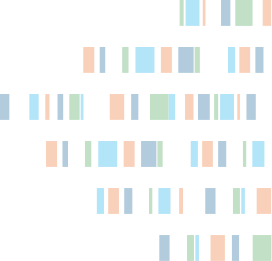Premise of the study: Seed dispersal contributes to gene flow and is responsible for colonization of new sites and range expansion. Sequencing chloroplast haplotypes offers a way to estimate contributions of seed dispersal to population genetic structure and enables studies of population history. Whole-genome sequencing is expensive, but resources can be conserved by pooling samples. Unfortunately, haplotype associations among single-nucleotide polymorphisms (SNPs) are lost in pooled samples, and treating SNP allele frequencies as independent markers provides biased estimates of genetic structure. Methods: We developed sampling methodologies and an application, CallHap, that uses a least-squares algorithm to evaluate the fit between observed and predicted SNP allele frequencies from pooled samples based on haplotype network phylogeny structure, thus enabling pooling for chloroplast sequencing for large-scale studies of chloroplast genomic variation. This method was tested using artificially constructed test networks and pools, and pooled samples of Lasthenia californica (California goldfields) from southern Oregon, USA. Results: CallHap reliably recovered network topologies and haplotype frequencies from pooled samples. Discussion: The CallHap pipeline allows for the efficient use of resources for estimation of genetic structure for studies using nonrecombining haplotypes such as intraspecific variation in chloroplast, mitochondrial, bacterial, or viral DNA.

Home » An Efficient Pipeline to Generate Data for Studies in Plastid Population Genomics and Phylogeography
Publications
An Efficient Pipeline to Generate Data for Studies in Plastid Population Genomics and Phylogeography
myBaits
Daicel Arbor Biosciences
5840 Interface Dr. Suite 101,
Ann Arbor, MI 48103
1.734.998.0751Ann Arbor, MI 48103
©2024 Biodiscovery LLC
(d/b/a Daicel Arbor Biosciences)
All Rights Reserved.
(d/b/a Daicel Arbor Biosciences)
All Rights Reserved.
Design and development by Raincastle Communications.
